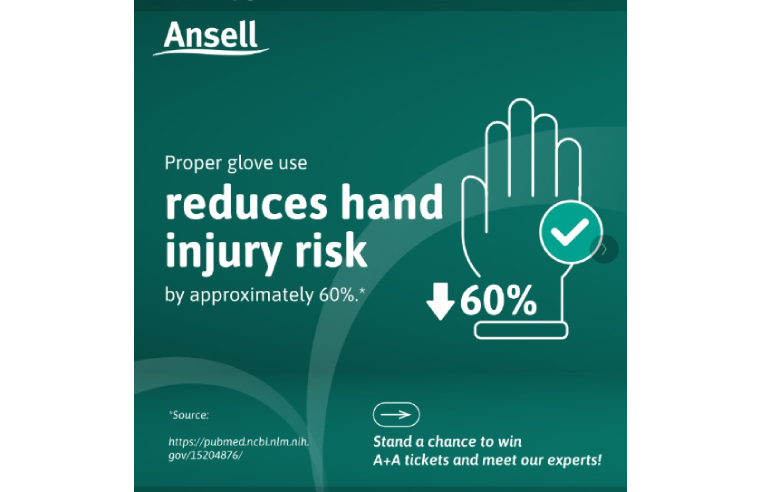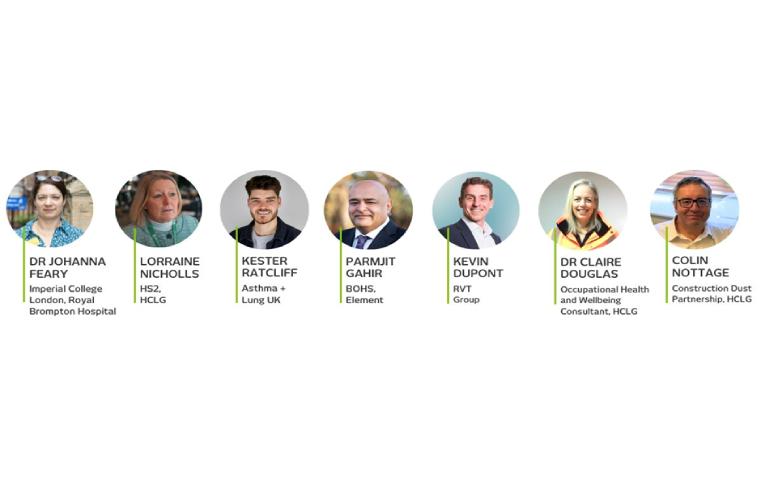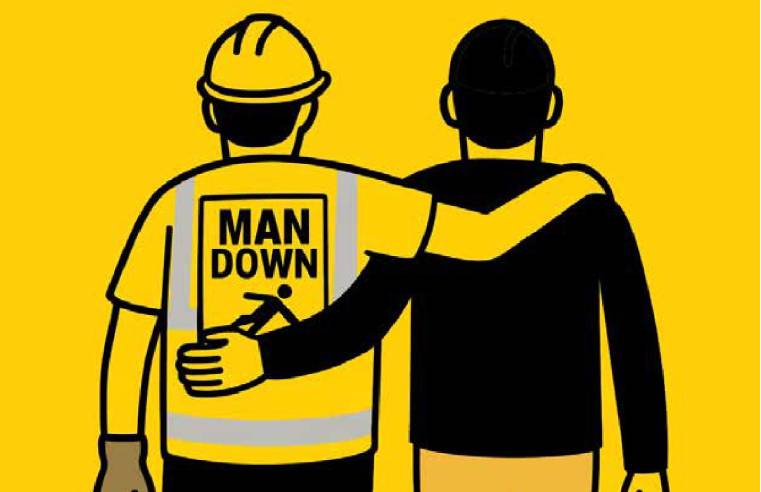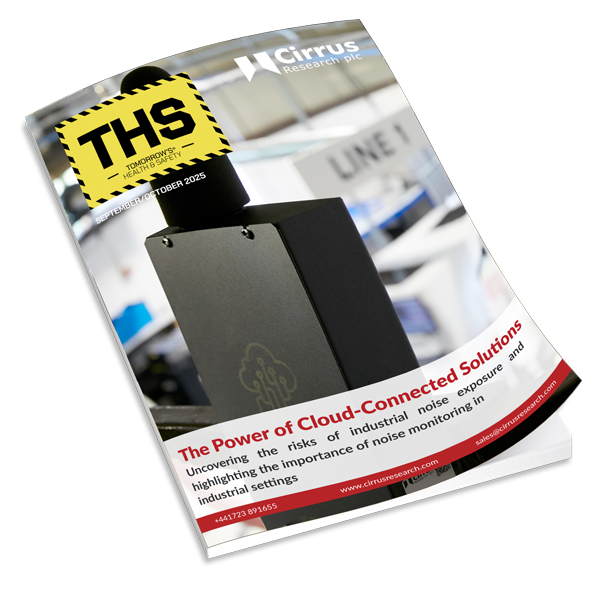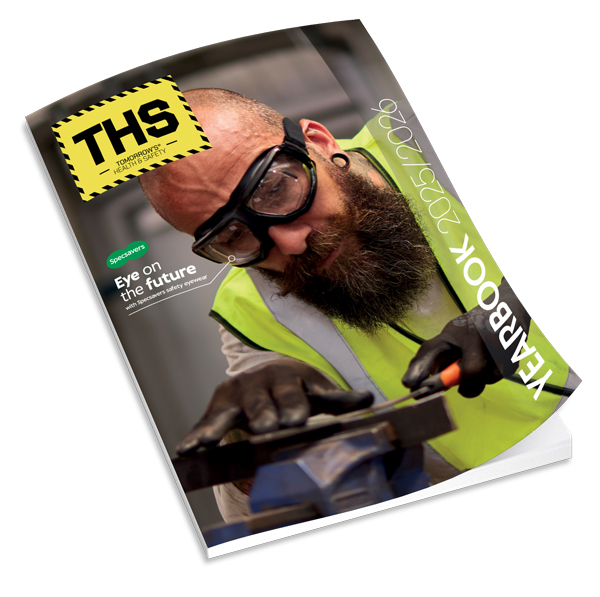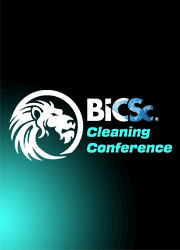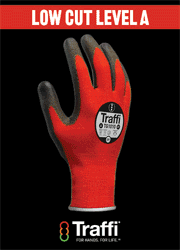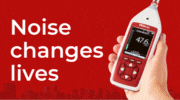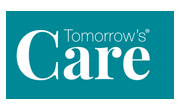As the Government announced yesterday it will bring forward a ban on sales of new petrol and diesel cars by five years to 2030, new research shows professional drivers would benefit from improvements to their respiratory health, reducing their risks of cancers caused by their work.
In the largest real-world in-vehicle personal exposure study to date, researchers from the MRC Centre for Environment and Health, Environmental Research Group, Imperial College London, funded by the Institution of Occupational Safety and Health (IOSH), show that professional drivers are exposed to hazardous levels of diesel engine exhaust emissions every day.
Exposure to particulates in diesel exhaust emissions is known to cause cancer, heart and respiratory health problems, leading to hospitalisations and premature deaths. Worryingly, the Driver Diesel Exposure Mitigation Study (DEMiSt) found that professional drivers are disproportionately affected by exposure to diesel exhaust fumes, including taxi drivers (the worst hit group), couriers, bus drivers and drivers working for our emergency services.
There is, therefore, an urgent need for action to reduce the levels of these workers’ exposure to diesel emissions, not only from new cars but also older vehicles of all sizes.
All professional drivers examined as part of the study in and around London were exposed to elevated levels of black carbon, a component of diesel exhaust. The capital’s taxi drivers experienced the highest level of exposure (6.6 μg/m3), possibly highlighting the fact their work is predominantly carried out within the busiest and some of the most polluted parts of central London. The next highest exposure levels were seen in couriers (5.5 μg/m3) and waste removal drivers (4.3 μg/m3).
Diesel fumes can contain up to 10 times the number of soot particles found in petrol exhaust fumes. In 2012, the International Agency for Research on Cancer classified these exposures as carcinogenic to humans but diesel exhaust has also been linked to other chronic lung and cardiovascular conditions. In 2014, IOSH launched No Time to Lose, a campaign focused on preventing diesel engine exhaust emission exposures.
The DEMiSt study has identified a range of driving behaviours that can play a part in reducing exposures, with minimum cost to the industry, as an initial step to protect drivers’ health. These include:
•Driving with windows closed – the simplest change drivers can make (although if drivers are carrying passengers, ventilation protocols will need to be observed in the short term to help guard against any risk of Covid-19 infection)
•Taking less congested routes and avoiding tunnels
•Using recirculate ventilation settings (with windows closed), though only for short periods at times and in areas of high congestion
•Shift rotation to reduce each driver’s exposure to peak traffic times
•Changing to zero tailpipe emission vehicles with airtight cabins (this will benefit the general population as well as professional drivers).
Mary Ogungbeje, Research Manager at IOSH, said: “Although society as a whole is becoming more aware of environmental issues, the impact of diesel emissions on the health of professional drivers has so far been overlooked.
“Robust data will help to identify exposure levels among this group of workers and the different interventions needed to protect their health. Our research shows that all have a role to play in reducing professional drivers’ exposure to diesel fumes – employers, workers and policy makers,” she added.
“I would say that this new move from government, as part of a 10-point plan to hit net zero emissions, is potentially healthy news for us all but especially for professional drivers.”
Copies of the Full and Summary DEMiSt Reports can be accessedhere.








